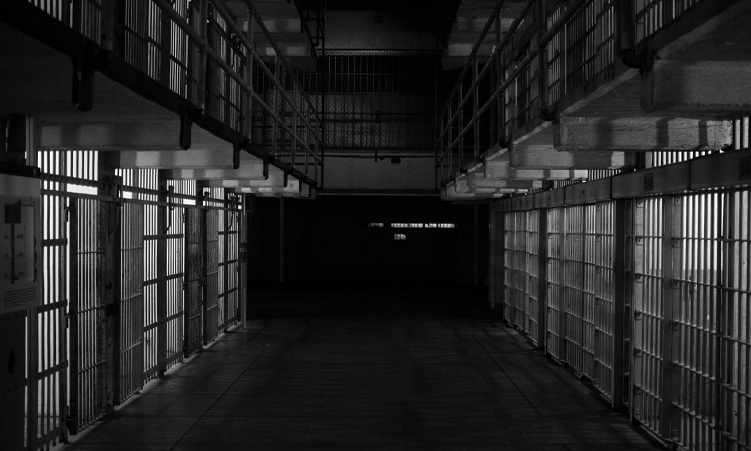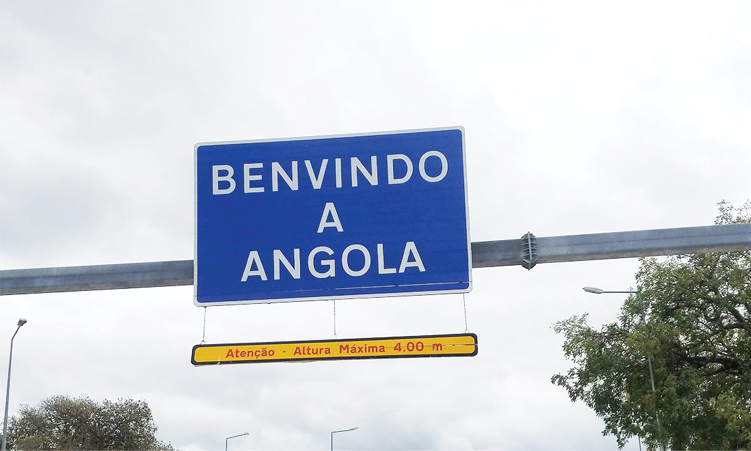By Timo Shihepo
THE work was simple enough. Like many people at Oshikango, Tapeya Elias looked across the border into Angola and saw that petrol stations there could fill up a 25-litre container for just N$120.
At home, he could sell that container for N$280 – more than enough to pay N$20 for a tuktuk to transport him, and even sufficient to slip N$50 to the customs officials to let him cross the border.
Elias knew it was illegal. He was not the only person dealing in the black market for fuel.
But he kept at it, six days a week, sometimes twice a day, earning about N$14 000 a month.
Even his friends, who call him Makaveli, after Tupac’s alias, wondered if all he was smuggling was fuel. Some suspect drugs helped boost his income. But the demand for fuel is enough to keep anyone in business, especially after the recent price increases.
“I prefer the Angolan fuel because it’s cheaper,” said Shipyu, a taxi driver and part-time electrician. “If I put five litres of Angolan fuel in my car, it lasts longer than fuel from Namibian service stations. The belief is that Angolan fuel is thick.”
Even buying smuggled fuel is punishable with jail time, so Shipyu only gave a first name. He says he has been filling up his car with Angolan fuel since 2014.
“It only becomes a problem when youngsters mix the fuel with water to rip off customers,” he said.
LOCKED UP
Elias ran out of luck in 2012 when he made a trip to Santa Clara, just across the border from Oshikango. Angolan police arrested him at a fuelling station. Elias insists it was a case of mistaken identity.
“While I was paying for my containers of fuel, I heard the police saying: he is the one. They handcuffed and took me to Namacude,” he told The Namibian last month.
After four days, they transferred him to the notorious Peu Peu prison at Ondjiva, 40 kilometres from Santa Clara.
Police officers accused him of stealing cash from an Angolan and he was sentenced to a fine of 600 000 Angolan kwanza (over N$19 000 at the current rate), or two and a half years in prison. Since he could not pay, he was sent to prison.
“There was hunger there. We were served thin soup with no pap. You only get that in the morning and afternoon,” he said. “Nobody came to visit me.”
To survive prison life, he sold his clothes to inmates working in the kitchen, and later he started cutting fellow prisoners’ hair.
“I was cutting their hair, then they paid with bread,” he said.
Once he was released, Elias resumed illegal cross-border trade – Yes cigarettes.
Because Peu Peu is so close to the border, Namibians arrested in Angola are often imprisoned there.
Oshikoto region police deputy commissioner Petrus Shigwedha revealed in 2020 that at least 30 Namibians were held at Peu Peu.
In 2017, at least nine Peu Peu prisoners died because of malnutrition, according to the US State Department’s annual human rights report.
Police spokesperson Kauna Shikwambi last year said being arrested in a foreign country could be problematic because prisoners do not have support from family and friends.
Statistics obtained by The Namibian from the National Central Bureau (Interpol-Windhoek) last year, indicated that at least 17 Namibians were arrested abroad between 2016 and 2020.
At least eight women and a man were arrested in Brazil. Four women were arrested in Ethiopia, while two men were arrested in India and two others in Cyprus. Two men were also arrested in China.
Most of those were drug cases, but the Namibians in China were charged with dealing in fake diamonds.
Trade in fake diamonds also landed two Namibians in prison in Hong Kong in 2008. Kamunoko Daniel Kudumo and Kamwanga Karl Pieter were convicted in a N$1,4 million fraud for selling fake diamonds. Kudumo was also convicted of assaulting police officers.
The two were sentenced to prison in Hong Kong, though they were eventually repatriated – only after spending more than a year in a Chinese prison.
Hermann Uushona, detective chief inspector at the National Central Bureau, told The Namibian last year that no records are kept on the number of people who are repatriated after convictions overseas.
ARRESTED IN BRAZIL
Boxing sensation and Namibia’s 2016 Rio Olympics flag bearer Jonas Junias Jonas told The Namibian that serving time in a foreign prison can be terrifying.

He was arrested on charges of attempting to sexually assault a housekeeper in Rio’s Olympic village. He was held at Bangu, Brazil’s largest prison complex, with 17 maximum security units.
The Rio Times said the prison has “a deadly reputation” as it is in the control of the deadly Commanda Vermelha gang. It holds Brazil’s most feared criminals, including murderers, drug traffickers and gang members.
Junias faced up to 10 years there had he been found guilty.
The Namibian embassy intervened to secure his release. After four days inside, he was released, just hours before his Olympic match, which he lost to France’s Hassan Amzile.
He hinted at how the experience had traumatised him although the charges in Brazil were dropped.
Now Junias is facing yet another set of charges, this time in Namibia.
He was arrested in April last year for attempted murder, assault and obstruction of justice charges, including allegedly assaulting a police officer.
A Swakopmund magistrate granted him N$5 000 bail.
*This article has been produced by The Namibian Investigative Unit. Contact us via your secure email: investigations@namibian.com.na







